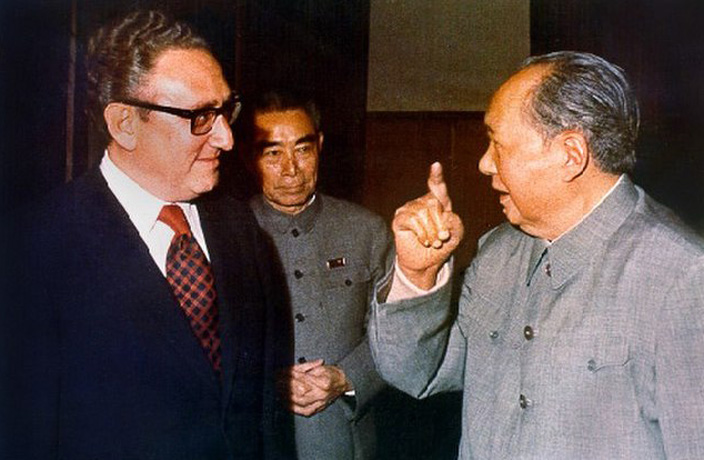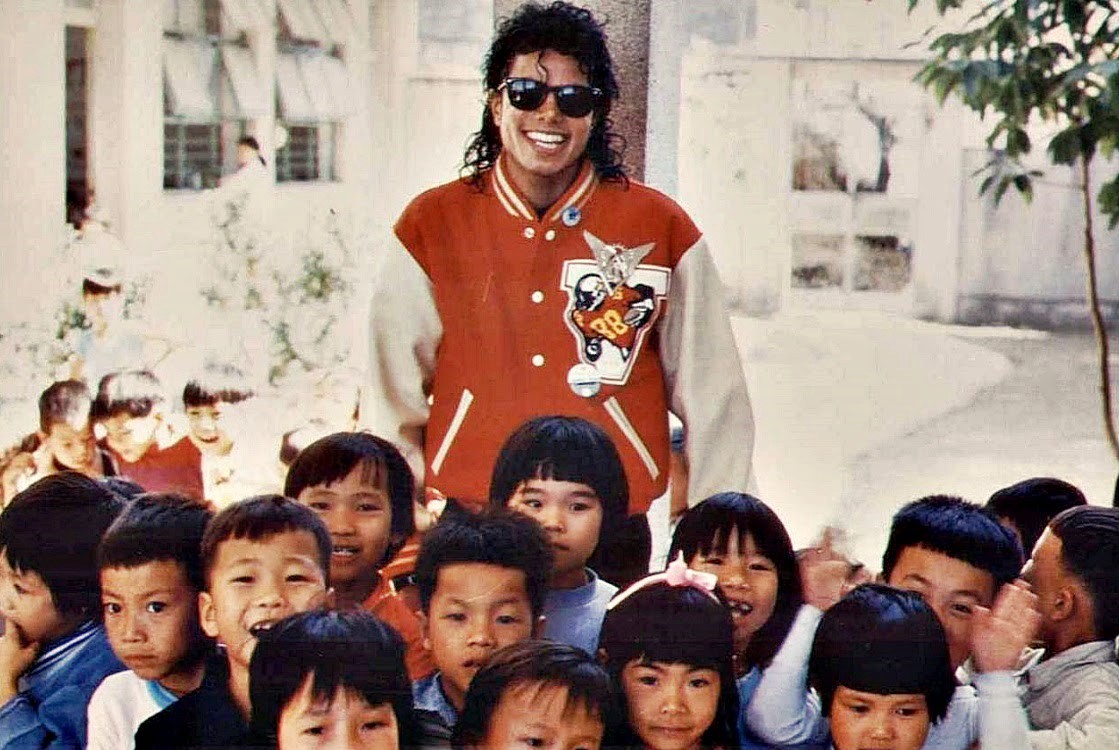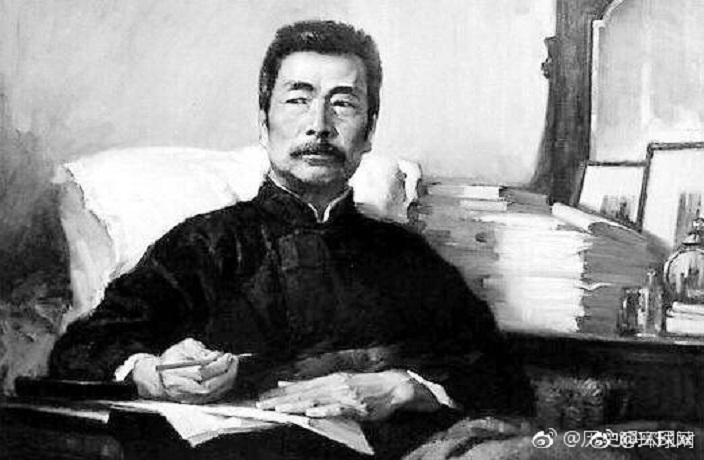By Emma Guo and Tristin Zhang
The psychological well-being of juveniles has become a much-discussed topic in both the East and West over the past few years, especially in the wake of several news stories about suicidal and murderous students.
In just one week in October last year, Shenzhen saw a 10-year-old, a 14-year-old and a 17-year-old kill themselves by jumping from tall buildings. Relations with schoolmates and stress engendered by their studies were listed as the main reasons behind the tragic actions.
China’s higher education institutions have also been overshadowed by several reports of bloodshed on university campuses, causing public concern about students’ mental health to skyrocket. One of the more well-reported cases was that of Fudan University postgraduate Huang Yang. On April 16, 2013, the 28-year-old died in Shanghai after drinking water laced with the toxic chemical N-Nitrosodimethylamine. His roommate, Lin Senhao, was arrested under suspicion of poisoning Huang. Reports claimed “minor grudges” as the cause. Only three days later in Nanjing, two college students started a fight over a trivial matter, ending in one stabbing the other to death.
Looking purely at the cold, hard figures, the numbers are shocking. Guangzhou Juveniles Psychological Assistance Center, a government-owned agency run by Guangzhou University, conducted research on a sample of 9,498 students from 35 state-owned primary and secondary schools. The ensuing report, released earlier this year, found that 41 percent had mild to moderate mental health issues, with anxiety over school performance being the top cause of mental problems.
In 2012, a study by the Shenzhen Quancheng Institute of Mental Health surveyed over 1,000 pupils and found 70 percent were under severe academic pressure, while another 15 percent confessed to suffering from psychiatric issues.
Part of the problem is that education about psychological disorders in China has been, and continues to be, minimal. Wang Shasha, a 24-year-old Shenzhen local, says that she wasn’t really taught about mental health until middle school – and those weekly lessons were hardly informative.
“Although it was called a ‘mental health class,’ I don’t think many aspects of mental health were involved in the class,” she says. “Basically, we were asked to read lots of motivational stories from Chicken Soup for the Soul and then share with classmates what we learned from those stories.” Sessions would generally conclude with the teacher stressing the importance of keeping a positive attitude towards life.
“Telling us to be positive seemed to be a common thing for teachers. Somehow that would make you feel like it was your problem if you had other feelings or emotions besides being happy and positive,” Wang recalls.
A current 14-year-old from Yitian Middle School, who wished to remain anonymous, indicates little has changed since Wang’s schooldays. She too has mental health class once a week, and teachers still rely on having students read Chicken Soup for the Soul. Perhaps a step in the right direction, however, is that students are encouraged to have private conversations with teachers when they have problems or feel pressure from school.
According to students from Qiaole Elementary School in Tianhe District, Guangzhou, they have one weekly mental health class scheduled, which is often scrapped in favor of additional Chinese, mathematics or English lessons. It’s an approach supported by the children’s parents. The general sentiment seems to be that mental health is a small issue, while exam scores determine a person’s future.
That’s not to say that action isn’t being taken in some quarters. Shenzhen Quancheng Institute of Mental Health opened the first call-in center for teenagers with mental health issues in the city on January 20, 2013. Today, with a team of 70 experienced psychologists, the 24-hour hotline provides Shenzhen’s youth with easy-to-access, professional psychiatric counseling. “When kids have problems, sometimes they don’t have opportunities to speak out, and they have no idea where they can ask for help,” says Ye Weize, the institute’s director.
Guangzhou Juveniles Psychological Assistance Center offers all kinds of counseling services to young people, be it to do with academic pressures or interpersonal relationships. According to the group, they’ve witnessed a rising consciousness about student mental health in recent years, with an increasing number of students and parents willing to come and talk about the troubles they are facing.
Overall, there’s still clearly much progress to be made. Schools should exist to educate – not only in academic terms, but in understanding what a healthy mental perspective is and is not. Prevention through awareness will lessen the need for more drastic intervention later in life. That, however, takes more than a Chicken Soup story once a week.
// Click here to view more stories from our mental health series.
.jpg)



.jpg)
















0 User Comments